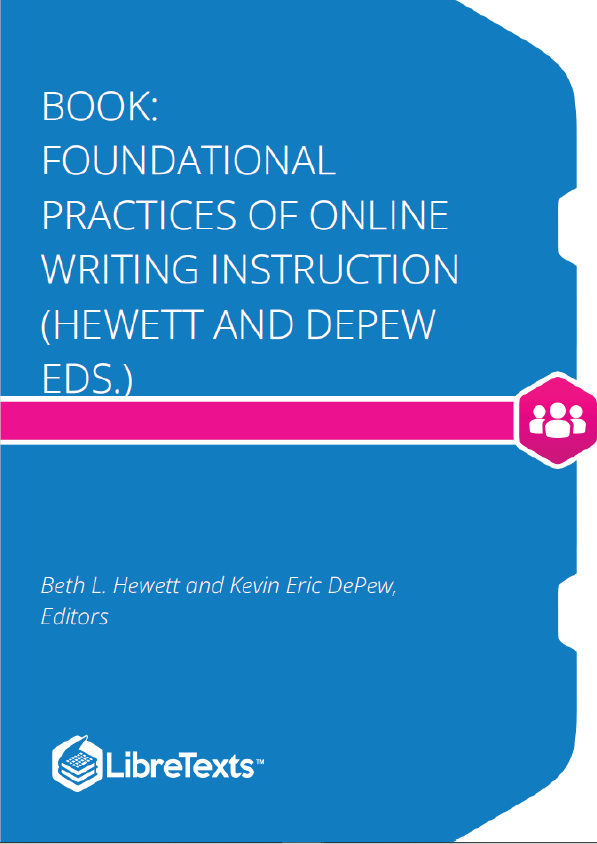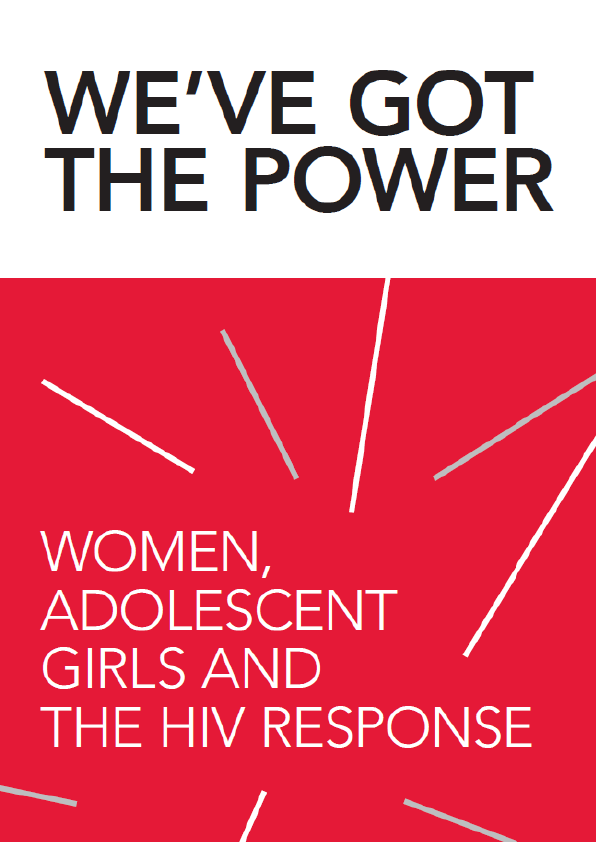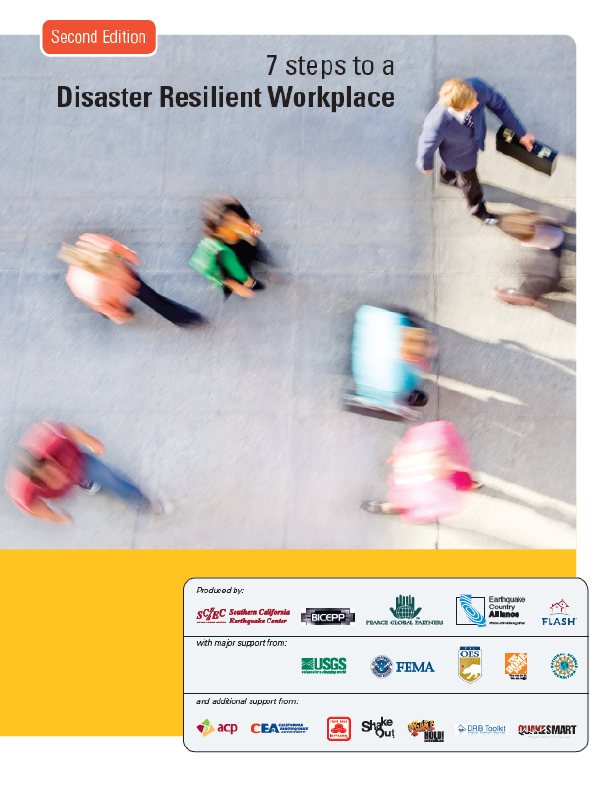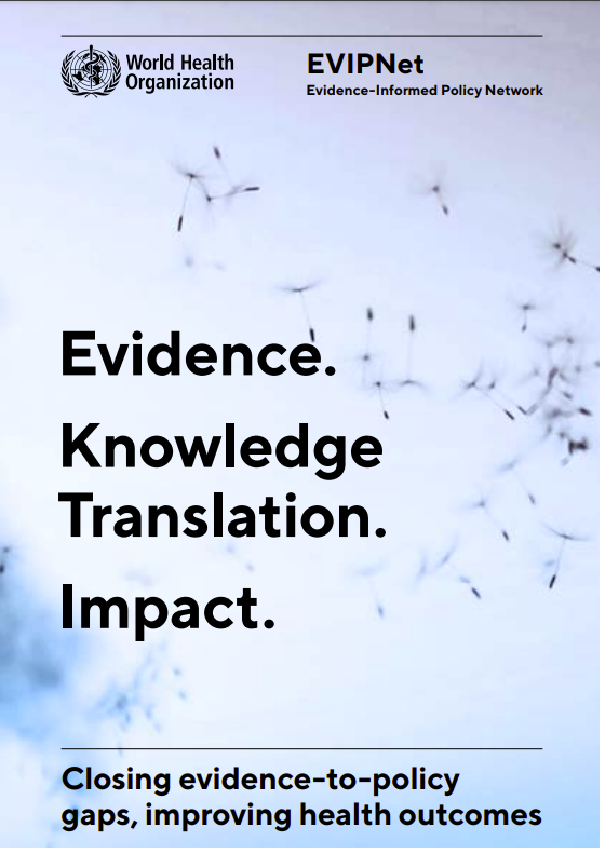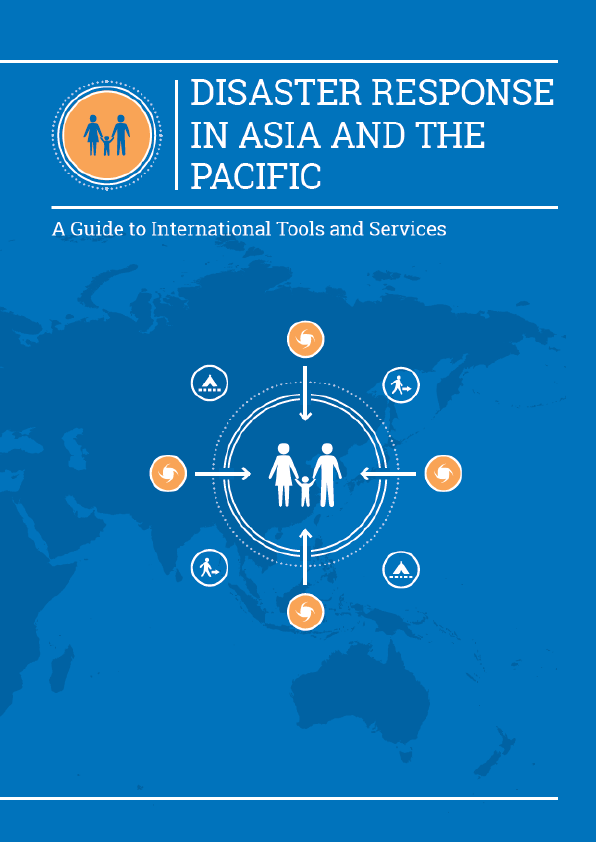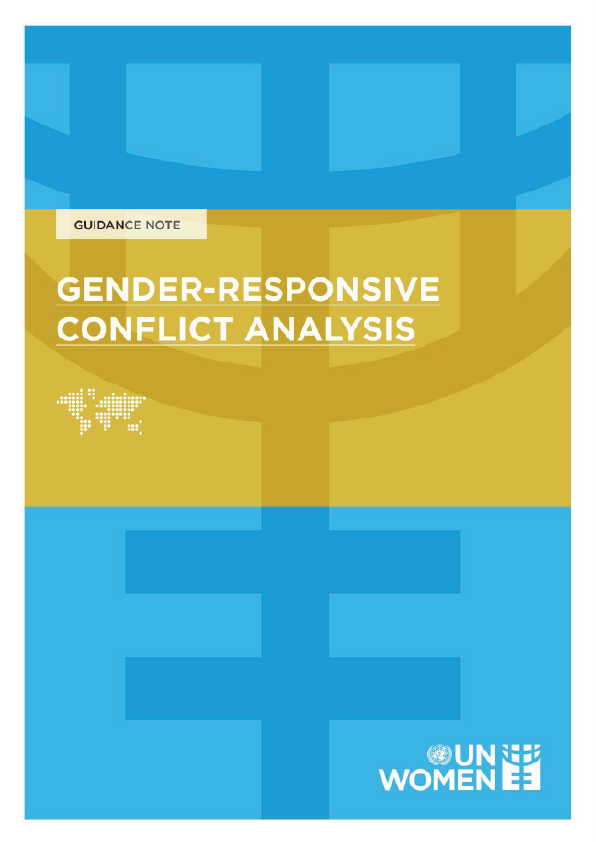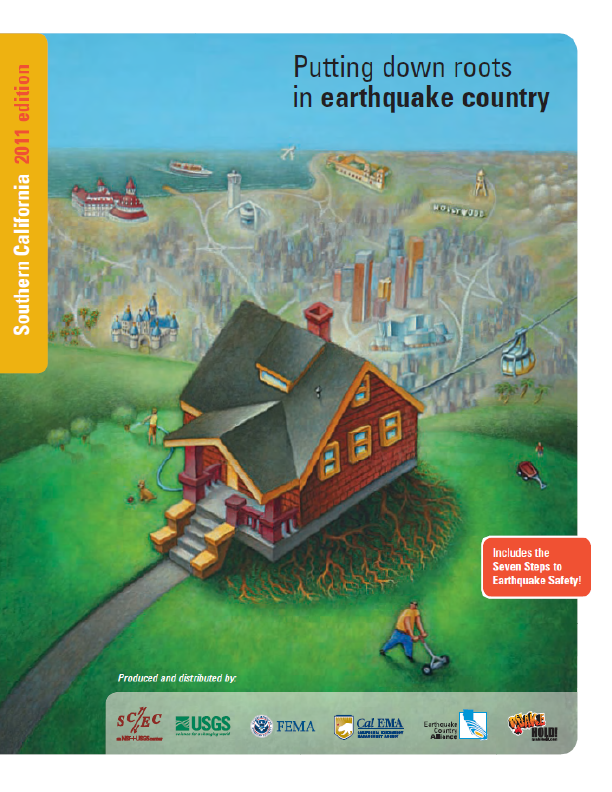Foundational Practices of Online Writing Instruction addresses the questions and decisions that administrators and instructors most need to consider when developing online writing programs and courses. Written by experts in the field (members of the Conference on College Composition and Communication Committee for Effective Practices in OWI and other experts and stakeholders), the contributors to this collection explain the foundations of the recently published (2013) A Position Statement of Principles and Examples Effective Practices for OWI and provide illustrative practical applications. To that end, in every chapter, the authors address issues of inclusive and accessible writing instruction (based upon physical and mental disability, linguistic ability, and socioeconomic challenges) in technology enhanced settings. The five parts of this book attempt to cover the most important issues relevant to principle-centered OWI: (1) An OWI Primer, (2) OWI Pedagogy and Administrative Decisions, (3) Practicing Inclusivity in OWI, (4) Faculty and Student Preparation for OWI, and (5) New Directions in OWI. Working from the belief that most writing courses eventually will be mediated online to various degrees, the editors offer principles and practices that will allow this collection to inform future composition theory and praxis. To this end, the editors hope that the guidance provided in this collection will encourage readers to join a conversation about designing OWI practices, contributing to the scholarship about OWI, and reshaping OWI theory.
This book is dedicated to the early pioneers in online writing instruction (OWI), who excitedly and doggedly explored the practices, pedagogies, and theories involved with moving composition to computer labs/classrooms and then into cyberspace. In particular, we wish to honor such innovators and thinkers as Cynthia Selfe; Gail Hawisher; Hugh Burns; Patricia Sullivan; Beth Kolko; Carolyn Handa; Deborah Holdstein; John Slatin; Fred Kemp and the entire Texas Tech crew that engaged computer technology for writing instruction in highly practical ways; the establishing creators and editors of Kairos: A Journal of Rhetoric, Pedagogy, and Technology (Mick Doherty, James Inman, Douglas Eyman, Cheryl Ball, and many other intrepid adventurers) who understood the creative and collaborative values of asking scholars to write in multimodal, online spaces; and the many other rhetoricians, technorhetoricians, scholars, and educators who have taken OWI from its earliest inceptions and brought it into the twenty-first century as a vital and nearly ubiquitous environment for teaching and learning writing.
